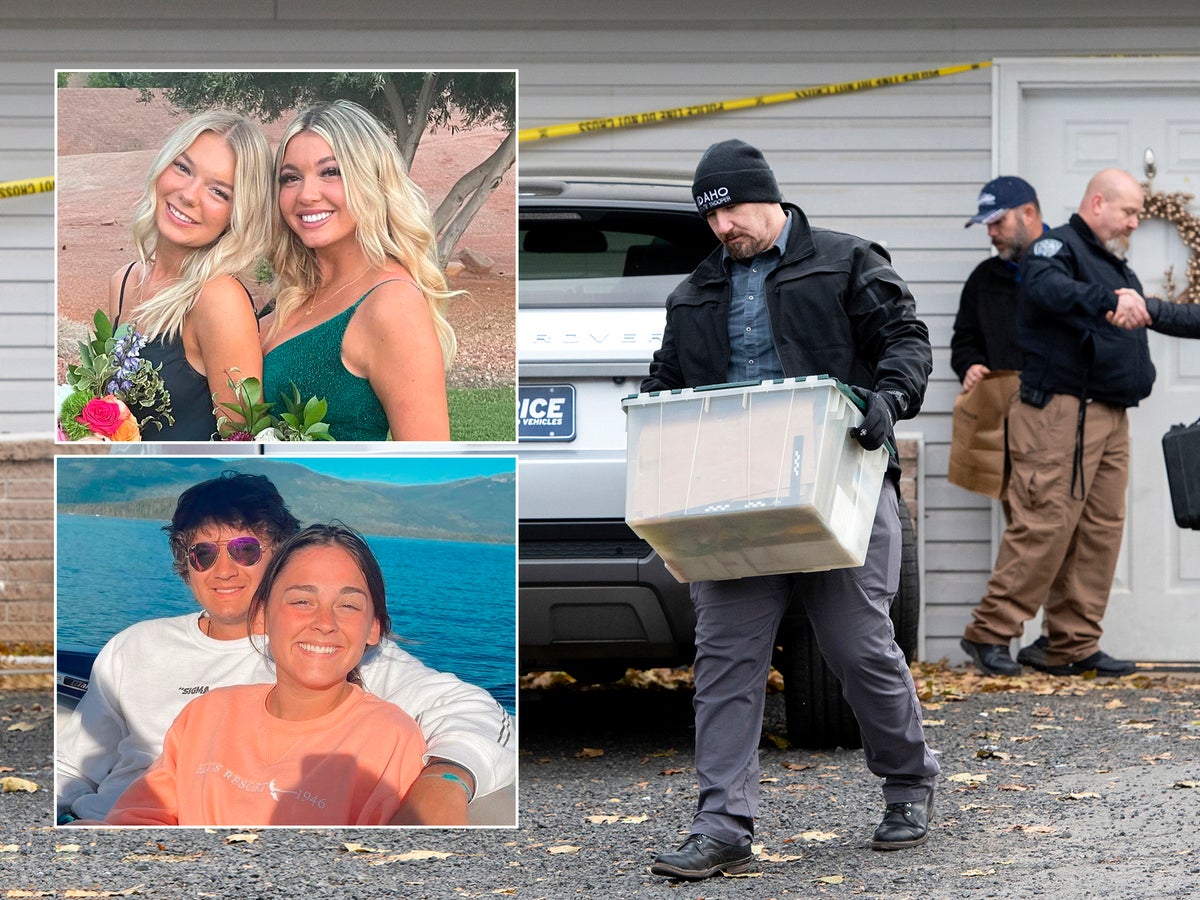
The investigation into the brutal murders of University of Idaho students Xana Kernodle, Kaylee Goncalves, Madison Mogen and Ethan Chapin is now in its third week, with the killer or killers still at large.
Every individual connected to the case so far – from two surviving roommates to a victim’s former boyfriend – has been publicly ruled out by police, leaving an echo chamber with no names to fill it.
Details about the murders that shook the small college town of Moscow, Idaho, remain scant, the murder weapon is nowhere to be found and there are huge gaps in the timeline of the last known movements of two of the victims.
Investigators have admitted that they are stumped by the killings in the small, notoriously safe college town and still have no suspects or persons of interest on their radar. For the past 17 days, officials have given little in the way of updates on the case – this silence and absence of information only serving to trigger an avalanche of online rumours and conspiracy theories among internet sleuths.
While police won’t say what they do know, they have resorted to debunking some of these online theories that they know to be incorrect.
But, with each piece of information revealed or each theory debunked, dozens more questions emerge about the case.
Here, The Independent takes a deep dive into the mountain of unsolved questions – and the scant details we do know.
The nature of the murders
What we know: The attack was targeted, local police have said.
Early on in the investigation it was described as a “crime of passion” by Moscow Mayor Art Betgge and as “personal” by Police Chief James Fry.
Police have since distanced themselves from those characterisations, only revealing that they’re operating on the belief that they don’t believe the circumstances leading to the attack were random.
Last week, Kaylee Goncalves’ father, Steve Goncalves, said that officials had given “vague” information about the case and whether or not it was just one student who was the target in the murders.
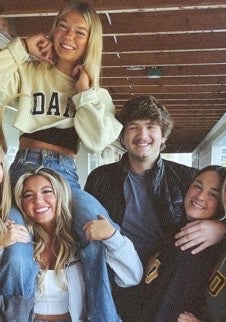
“I’ve been told it’s one [target], but then again, there’s the bigness like it’s purposely big. I’m hoping, but it confuses everyone, yeah, because nobody knows what that really means other than maybe somebody had a different kind of attack footprint,” Mr Goncalves said in an interview with CNN.
“We all want to play a part in helping, and we can’t move if we don’t have any real substantial information to work from.”
What we don’t know: Moscow police have refused to provide more details as to why they think the murders were targeted.
Officials are also staying silent around whether all of the four victims were intended targets or whether the killer targeted one victim, with the rest simply in the wrong place at the wrong time.
“You’re going to have to trust on that at this point because we are not going to release why we think that,” Captain Roger Lanier said during a press conference on 23 November in response to why officials believe the killings were targeted.
Aaron Snell, with Idaho State Police, told Fox News Digital that information about the targeted murders is being handled with caution so as to not jeopardise the investigation.
“And so if we just provide information to the public, I just don’t think that that’s going to be a wise choice,” he said.
Although behavioural analysts are working on a profile, it will only be used to “refine” the investigation and will not be released to the public because it could “potentially put more fear, more suspicion on a wide variety of people,” he said.
Officials have defended their work on the investigation thus far, telling the community it took time to process the sprawling crime scene, an off-campus rental home shared by Goncalves, Mogen and Kernodle.
“We understand you want answers. We want answers too. But these take time,” state police colonel Kedrick Willis said.
When asked if any law enforcement officials had shared that Kaylee was the “target” of the attack, her mother Alivea Goncalves told CNN: “They won’t confirm who that was to us.”
On 29 November, the local prosecutor walked back the claim that the killings were “targeted”, admitting it “perhaps isn’t the best word to use” to describe the brutal murders.
“It seems like the word targeted has different understandings for different people who are listening and perhaps isn’t the best word to use,” Latah County Prosecutor Prosecutor Bill Thompson told NewsNation.
“The bottom line is whoever is responsible for this is still at large – that can’t be changed.”
In yet another apparent walk-back hours later, the Moscow Police Department issued a statement saying investigators “do not currently know” if the attacks were targeted and accused Mr Latah of “miscommunication”.
The murder weapon
What we know: Latah County Coroner Cathy Mabbutt revealed that each victim was stabbed multiple times with a “large knife”, describing their wounds as “pretty extensive” and revealing that they bled out inside their student home.
“I’ve been a coroner for 16 years... we have had multiple [victim] murders in the past, but nothing, nothing like this,” she said.
Police have now revealed that they believe the murder weapon was a fixed-blade knife and confirmed that they had visited local stores to inquire about any recent purchases.
A local store owner previously said that officials had been especially interested in sales of a military-style Ka-Bar or “Rambo” knife.
What we don’t know: No murder weapon has been found.
The ‘messy’ crime scene
What we know: Describing the crime scene to Today, coroner Ms Mabbutt said that there was “quite a bit of blood”.
DNA has been recovered from the home, which Mogen, Goncalves and Kernodle shared with at least two other roommates.
Those roommates were home at the time of the killings but apparently were unaware of the murders until hours later. Nearly three weeks after the killings, police revealed a sixth person may have lived at the home.
Police have taken more than 4,000 pictures of the residence after the murders. The door appeared to be unlocked with no sign of forced entry and nothing seemed to have been taken, investigators said.
The bodies were found in the victims’ beds on the second and third floors, leading authorities to believe they were asleep when killed.
At a vigil on 30 November, Goncalves’ father revealed that his daughter and Mogen were in the same bed when they were killed.
Goncalves’ parents had previously said that they had been told by authorities that the investigation is moving slowly because the killer left behind a “mess” of evidence.
Steve and Kristi Goncalves said they’ve heard from police that the crime scene is sprawling and chaotic.
“They’re telling us that there’s so much evidence that it’s going to take a lot of time to process it all,” Mr Goncalves told Fox News. “This wasn’t like a pinpoint crime. This person was sloppy.”
A neighbour told Fox that the victims often hosted gatherings at the home and had a lot of people coming in and out of the residence, which could potentially complicate crime scene analysis.
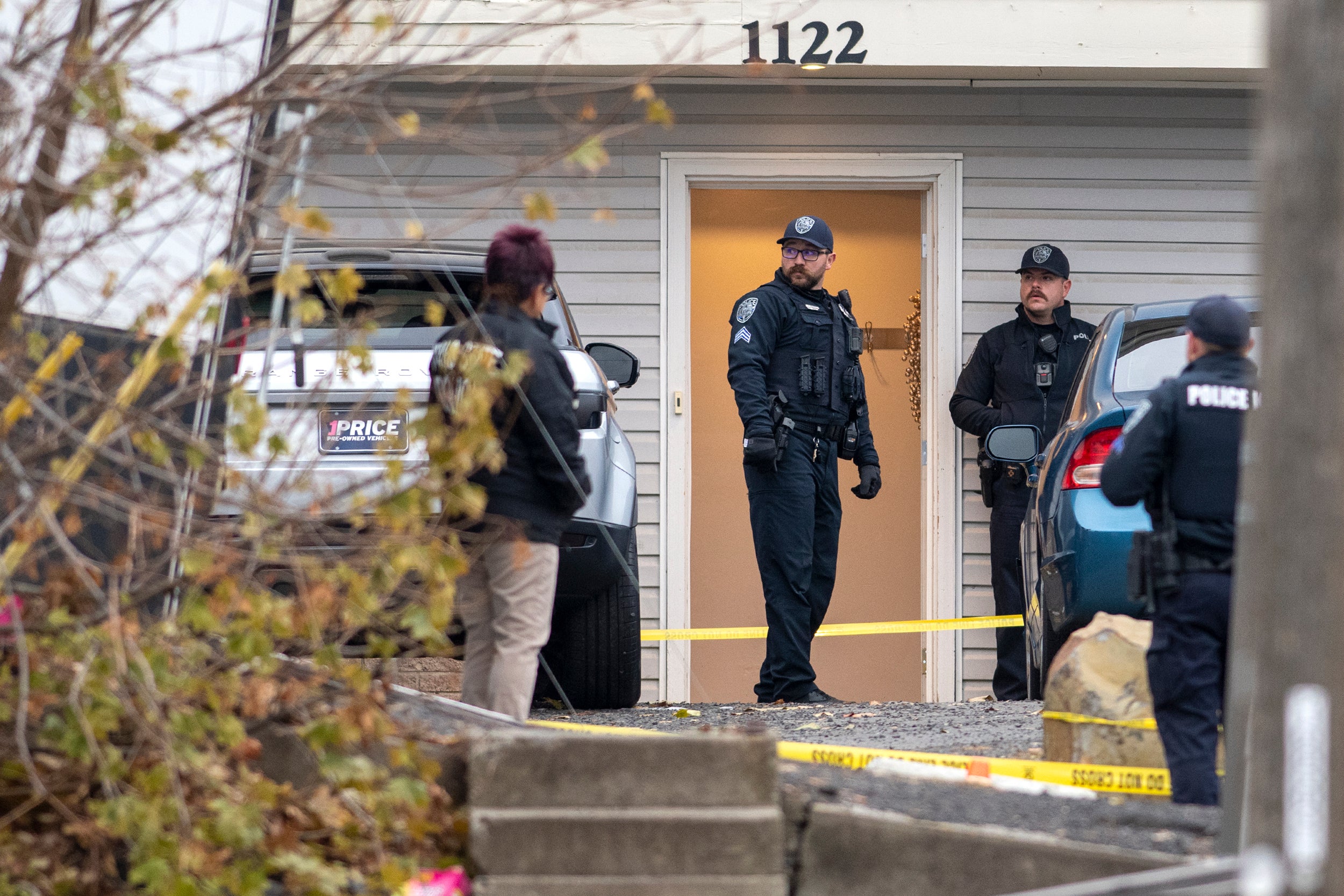
What we don’t know: It is not clear if the killer left their DNA at the crime scene. With officials believing the attack was targeted, it is possible that the perpetrator could have visited the home before that night.
On 29 November, Latah County Prosecutor Prosecutor Bill Thompson appeared to cast doubt on the belief that all four victims were found in their beds.
In an interview with NewsNation, he refused to confirm the exact locations where the victims’ bodies were found inside the student home saying such information might only be known by the killer.
“As for as the victims who are deceased, I can’t say for sure [where they were found] and that would be one of the details that investigators would want to protect as very few people would know the exact locations of the victims in the house,” he said.
Mr Thompson also said that he didn’t know if the victims’ bedroom doors were left locked.
Police have revealed that two of the victims were found on the second floor, and the other two on the third floor – but have not confirmed who was where.
Speaking to Fox News Digital on 30 November, Idaho State Police Communications Director Aaron Snell revealed investigators are wrapping up their search of the crime scene despite the lack of progress.
The killer
What we know: Each individual so far linked to the murder investigation has now been ruled out as a potential suspect.
Moscow Police have said that the two surviving housemates who were in the home at the time of the killings and the other friends who were in the home when the 911 call was made are not considered suspects.
A man who was caught on camera with Madison Mogen and Kaylee Goncalves at a food truck in the downtown area before they headed home and the private party who then gave the pair a ride home from the truck have also been ruled out.
Goncalves’ former long-term boyfriend, with whom she shares a pet dog Murphy, is also not being considered a suspect.
What we don’t know: Two weeks on from the murders, the killer or killers remains at large with police admitting that they still don’t have any suspects on their radar and with not a single arrest yet made in the case.
Officials are exploring the possibility that there is more than one perpetrator – but have given no further update on whether the investigation is leading them to or from that theory.
The lack of substantial information from police has led to rampant speculation by experts unaffiliated with the case as well as internet sleuths – confusing the true facts about the investigation.
The motive
What we know: The murderer targeted the victims, police said.
What we don’t know: It is not known if the killer personally knew one or more of the victims and whether the attack was carried out in a fit of jealousy or rage.
The autopsies revealed that the bodies did not show signs of sexual assault.
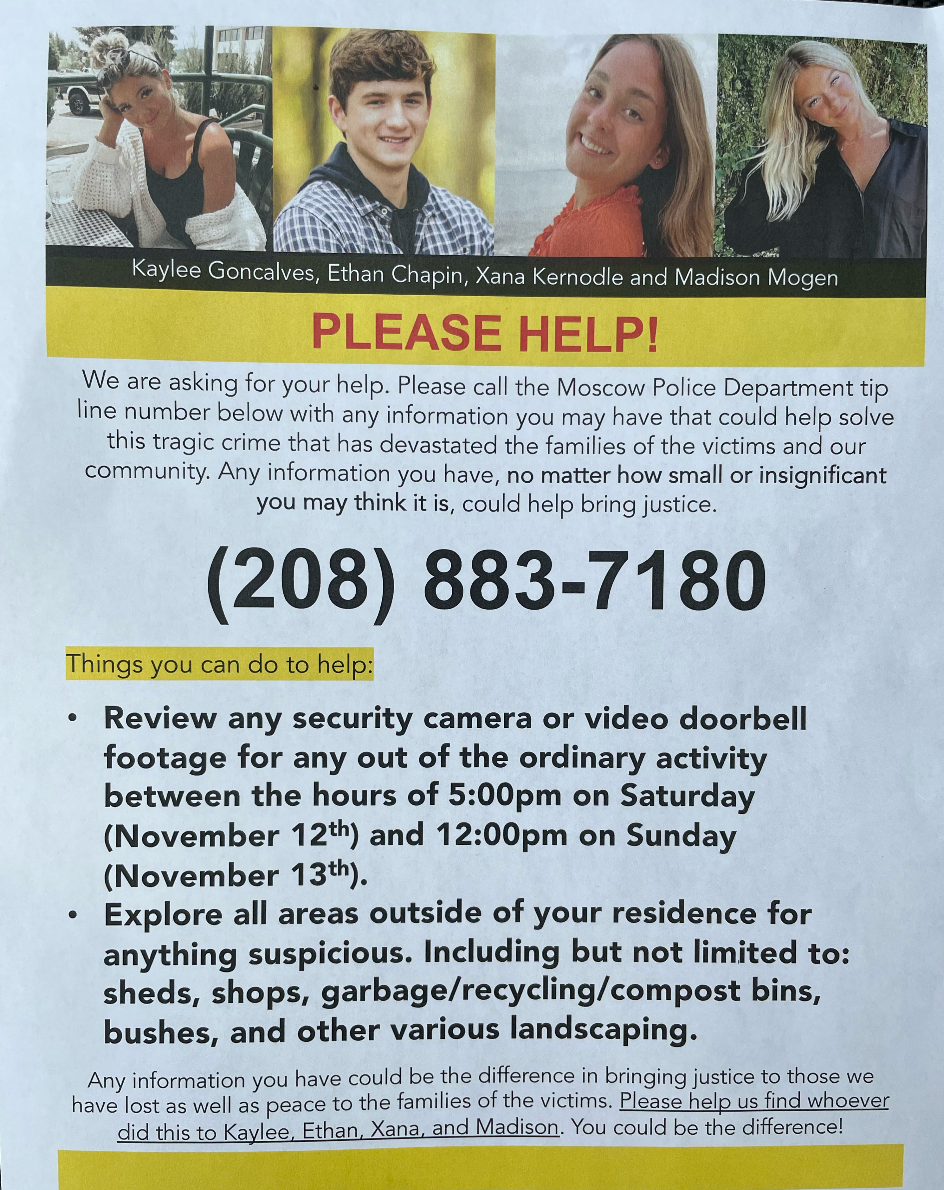
The 911 call
What we know: The 911 call was made at 11.58pm on 13 November and originated from the phone of one of the two roommates who survived the attack.
A dispatcher was told there was “an unconscious individual.”
Authorities have since revealed that other “friends” were present in the house when the 911 call was made after they were “summoned by the roommates.
“The surviving roommates summoned friends to the residence because they believed one of the second-floor victims had passed out and was not waking up,” a statement by Moscow PD read.
“Multiple people talked with the 911 dispatcher before a Moscow Police officer arrived at the location. Officers entered the residence and found the four victims on the second and third floors.”
What we don’t know: Police have refused to reveal who made the 911 call and will not release the audio.
When pressed by The Independent on why the call could not be released, the department said: “The contents are exempt from public disclosure because the records are active investigatory records which, if released, would interfere with enforcement proceedings...”
It is unclear what the roommates and “other friends” discussed in the call and what led them to describe a victim as merely “unconscious”.
It is also unclear what the roommates and friends saw inside the home before placing the 911 call.
The timeline
What we know: Despite more details becoming available in the two weeks since the murders took place, key pieces of what happened in the early morning hours of 13 November remain missing.
Police have revealed the victims’ last steps, yet the timeline becomes blurry as the second part of the night of the murders progresses.
On the night of 12 November, Goncalves and Mogen spent around three hours at Corner Club at the northern edge of Main Street.
The pair walked straight down Main Street to a red brick building that used to host the now-defunct Garden Lounge; a favourite food truck, Grub Wandering Kitchen - fondly called Grub Truck by its many local fans – often parks outside on Main Street.
Goncalves and Mogen ordered, laughed and chatted with friends as they got their pasta carbonara; according to police, they got a lift home from a “private party” and returned to King Road around 1.56am.
Kernodle and Chapin returned to King Road at around 1.45am. The young couple had gone to a party across the road at Sigma Chi.
The other two roommates at King Road – who have still not been named by authorities – had gotten home first, around 1am, and fallen asleep, according to police.
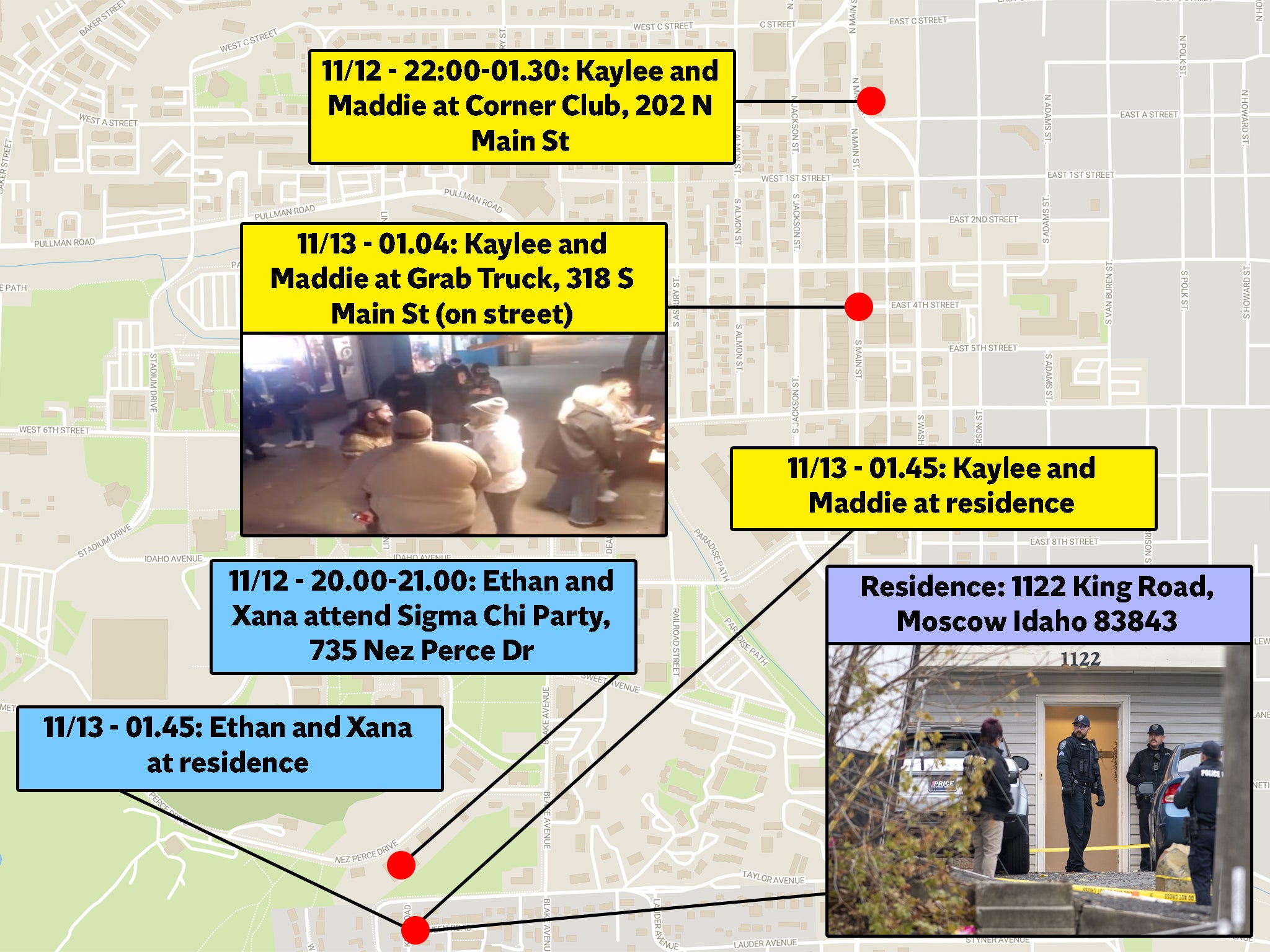
Mogen and Goncalves both made multiple calls to the same number around an hour after they got home.
Goncalves’ sister said the unanswered calls were placed to her ex-boyfriend, who’d dated her sister for years before they amicably split, still sharing a dog named Murphy. He has been ruled out as a suspect.
Authorities believe a killer or killers fatally stabbed Chapin, Kernodle, Goncalves and Mogen between 3am and 4am.
Their bodies weren’t found until nearly nine hours later, around noon on 13 November.
What we don’t know: Kernodle and Chapin’s movements on the night of the murders are unclear.
Police said the young couple were at the Sigma Chi party from around 8 to 9pm.
It is unclear where they were between 9pm and 1.45am; the area would have been busy at that time, surrounded by other student accommodations, as other young people headed home, too.
Aside from the calls made by Goncalves, what happened when the four returned home also remains a mystery.
It is not known if the killer had entered the house before the victims arrived home and hid before striking in their sleep or whether he entered the house after the students returned.
It’s also unclear when and how the suspect fled the home or if he has already left Moscow.
Claims Kaylee Goncalves had a ‘stalker’
What we know: Moscow Police Department said that they had found out through interviews that Goncalves had complained of a stalker.
What we don’t know: Despite “looking extensively” into concerns raised by people who knew Goncalves that she had complained about a stalker, police were unable to confirm those reports, the department has said.
“We obtained information through some of our interviews that Kaylee had made some comments about having a stalker, so that’s where that came from,” Captain Lanier said.
“So far we have not been able to corroborate that, but we are not done looking at that piece of information.”
Areas of interest
What we know: Investigators are currently seeking surveillance footage from “two areas of interest” around the city of Moscow as they hunt for the knife-wielding assailant.
Businesses and homes within the geographical areas are being asked to share all outside surveillance video taken between 3am and 6am on 13 November – whether there appears to be motion and content or not.
The areas include: West Taylor Ave (north boundary), West Palouse River Dr (south boundary), Highway 95 south to the 2700 block of Highway 95 S (east boundary) and Arboretum & Botanical Garden (west boundary).
“Investigators have determined the two areas of interest within the city and have provided maps which are on our Facebook page and on our website,” Captain Lanier said on Sunday.
“And these are areas that they have canvassed for additional surveillance video and tips and have contacted several residents in the areas.”
What we don’t know: Police have not revealed why they are honing in on those particular areas of the city.
The highway and arboretum are around the route that Kernodle and Chapin are likely to have taken to get from Sigma Chi to the off-campus home.
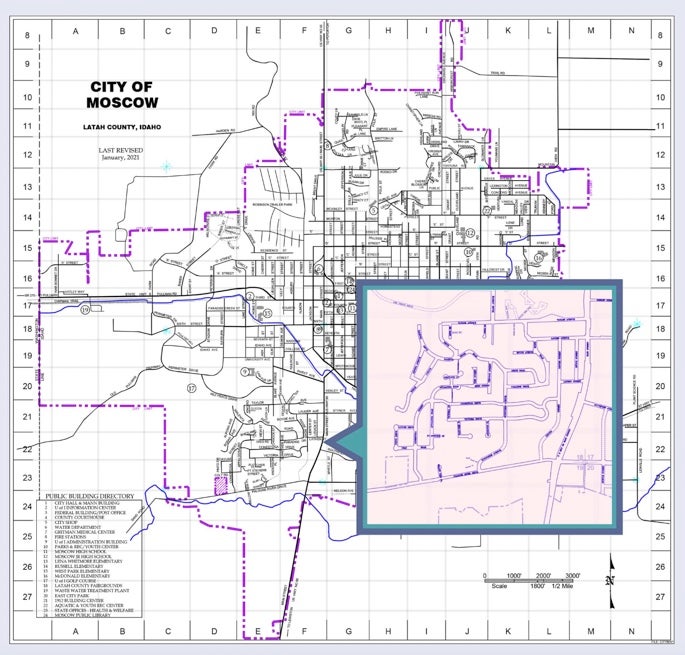
Safety concerns in Moscow
What we know: Backtracking from previous comments, Moscow police have confirmed that there is still a threat as the killer remains at large.
Asked at a press conference days after the killings how he could be sure there was no danger, Chief Fry said: “That’s kind of unknown... we still believe it’s a targeted attack, but the reality is, there’s still a person out there who committed horrible, horrible crimes.
“So there is a threat out there still, possibly. We don’t know it’s going to be to anybody else. But we all have to be aware of our surroundings and make sure that we’re watching out for each other.”
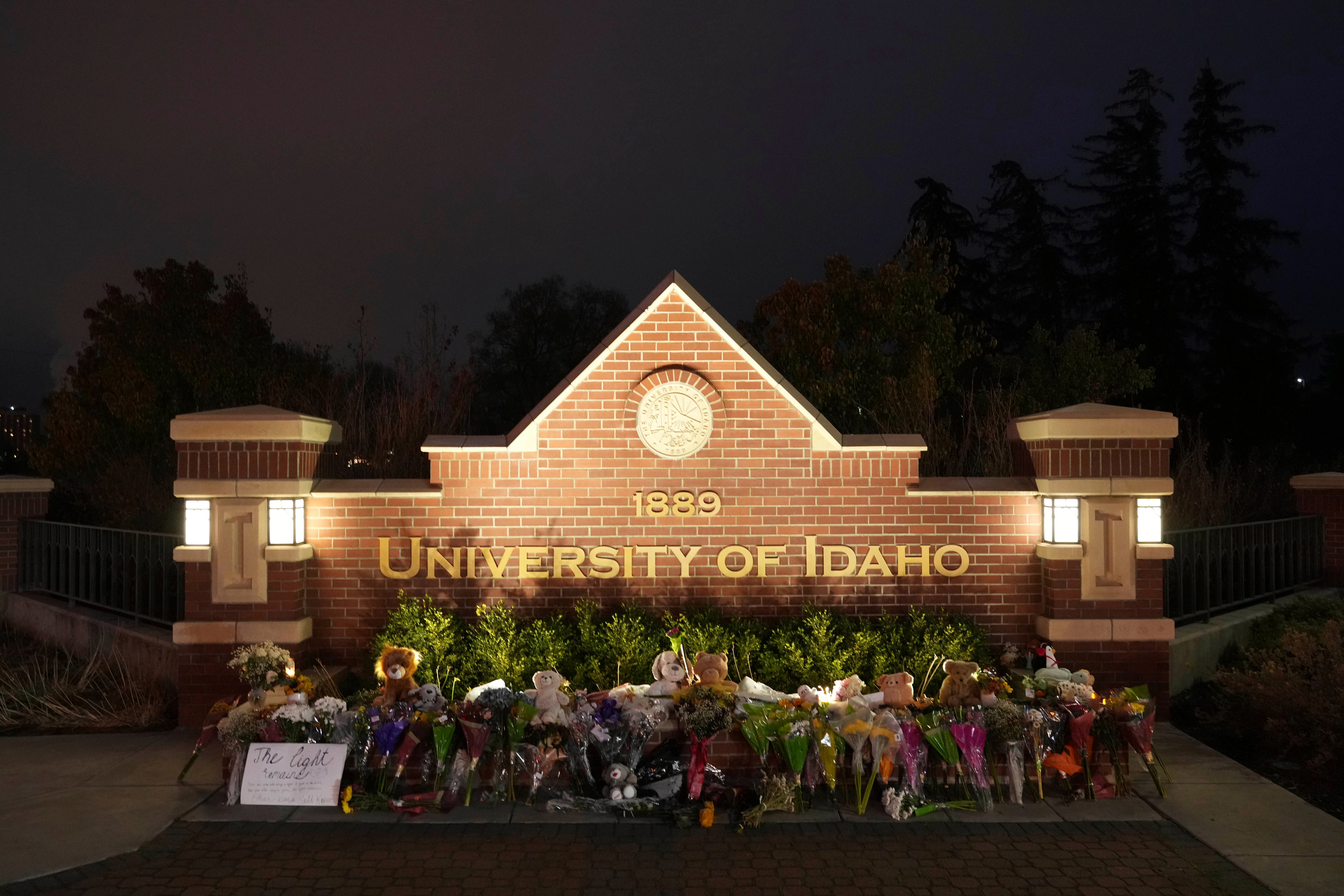
“They don’t have an identified suspect, and they still don’t have a motive, so until you have those two extremely vital pieces you can’t set the public’s mind at ease,” Mr Giacalone told Fox
What we don’t know: Authorities have not revealed whether they believe the perpetrator has left Moscow already.
Potential links to other incidents
The warning on 12 September, described as a “Threat with Knife”, reported that a group of students had been walking through the campus when the man threatened them with a knife.
The assailant was described as a white male aged 18 to 22 years old, who was dressed in all black. No one was harmed in the incident but officials felt the need to alert students and staff to the threat.
“Detectives are aware of a Latah County Sheriff’s Office incident of the report of a skinned dog and have determined it is unrelated to this incident,” a Moscow Police Department spokesperson told The Independent.
Police also said that an incident in which two young females reported that a male had broken inside their car is not believed to be linked to the murders.
“Multiple neighbors heard the girls screaming and came to assist. They checked the area but did not find anyone. The neighbors told responding officers that they had not seen anyone in or exit the vehicle,” a post by Moscow Police detailed.
The case was closed as unfounded, meaning that the incident cannot be substantiated.
Investigators had also explored the possibility that the quadruple murders might have been connected to a 2021 unsolved stabbing murder 400 miles away, but have since said there is no link between the crimes.
Travis Juetten, 26, and Jamilyn Juetten, 24, were attacked in their home in Salem, Oregon, by a masked assailant who broke in armed with a knife, the Marion County Sheriff’s Office said at the time.
Mr Juetten tried to fight off the attacker but was stabbed to death while his wife miraculously survived. Despite the victims’ families putting up a $50,000 reward for information leading to the killer, more than one year on, the case remains unsolved.
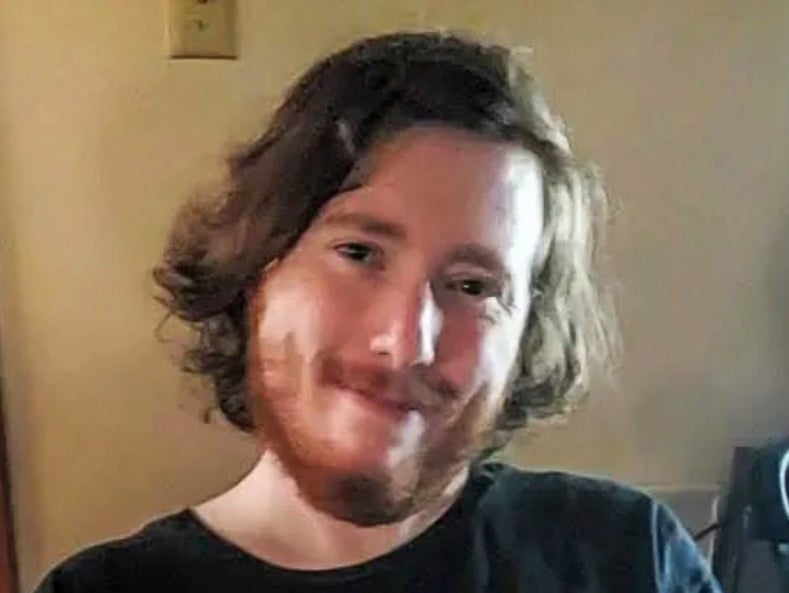
Similarities were drawn between the stabbings and the slayings of Goncalves, Mogen, Kernodle and Chapin.
Chief Fry had confirmed that the Oregon killing was on their radar, before issuing a statement on Friday saying that the department had not found relevant evidence that the cases were connected.
“While these cases share similarities ... there does not appear to be any evidence to support the cases are related,” the statement read.
In an exclusive interview with The Independent, Juetten’s mother said that finding out who killed her son – and also catching the killer of the slain students in Idaho – would be “the best Christmas present ever”.
What we don’t know: Authorities have not confirmed or ruled out that the incident on campus in September could be linked to the murders.
They also haven’t revealed what evidence made them rule out the incident in which the dog was filleted.
It is unknown whether Moscow authorities have reached out to the Marion County Sheriff’s Office to obtain first-hand accounts about the investigation into Juetten’s murder.
Moscow Police Department, Idaho State Police and the FBI have made the following resources available for tips: Investigators can be reached at 208-883-7180, and tips can be submitted over email to tipline@ci.moscow.id.us or on the FBI’s website.







